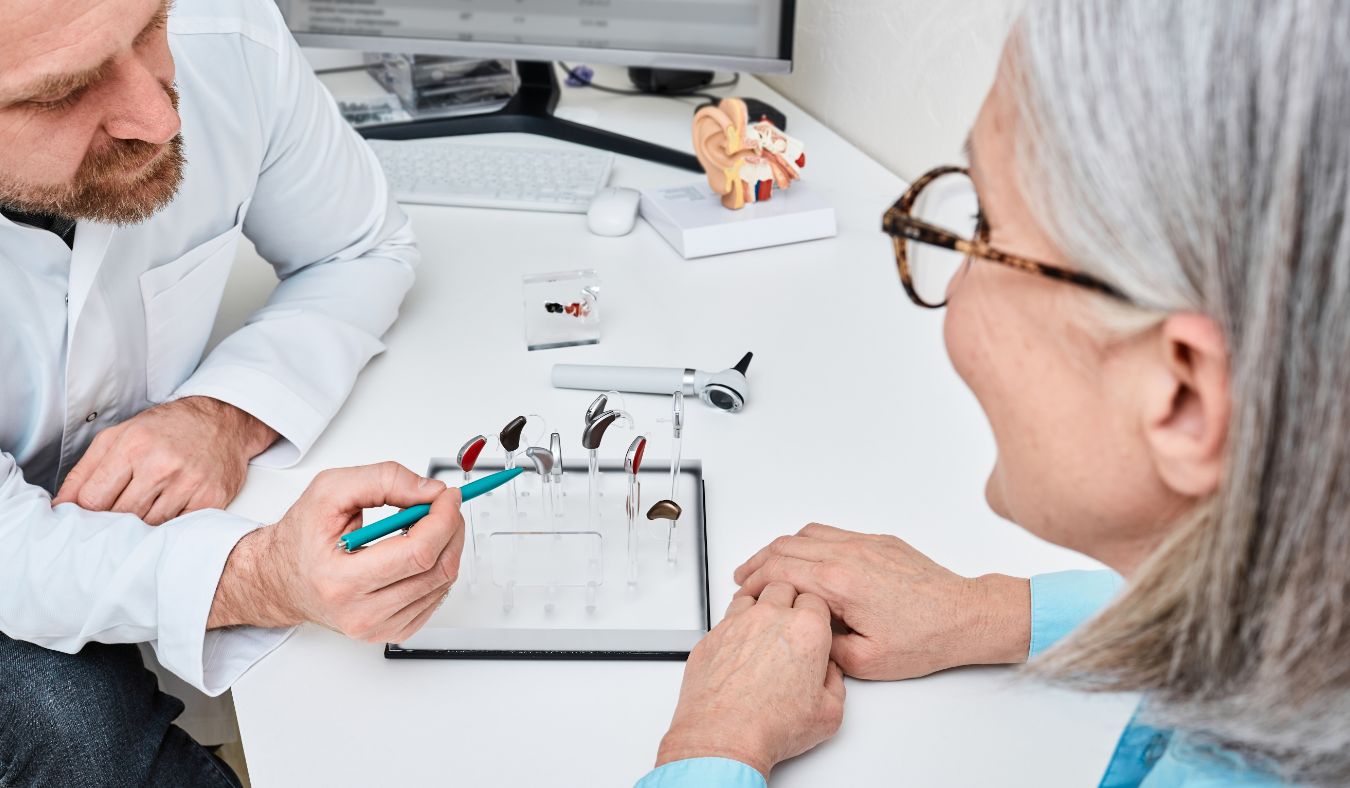Audiology Services: Hearing Care to Stay Connected
Hearing changes often happen in tiny increments. So small that you might


Hearing changes often happen in tiny increments. So small that you might

When you notice changes in your hearing, one of the first questions that

The hearing aids of yesteryear were clunky, uncomfortable, whistling